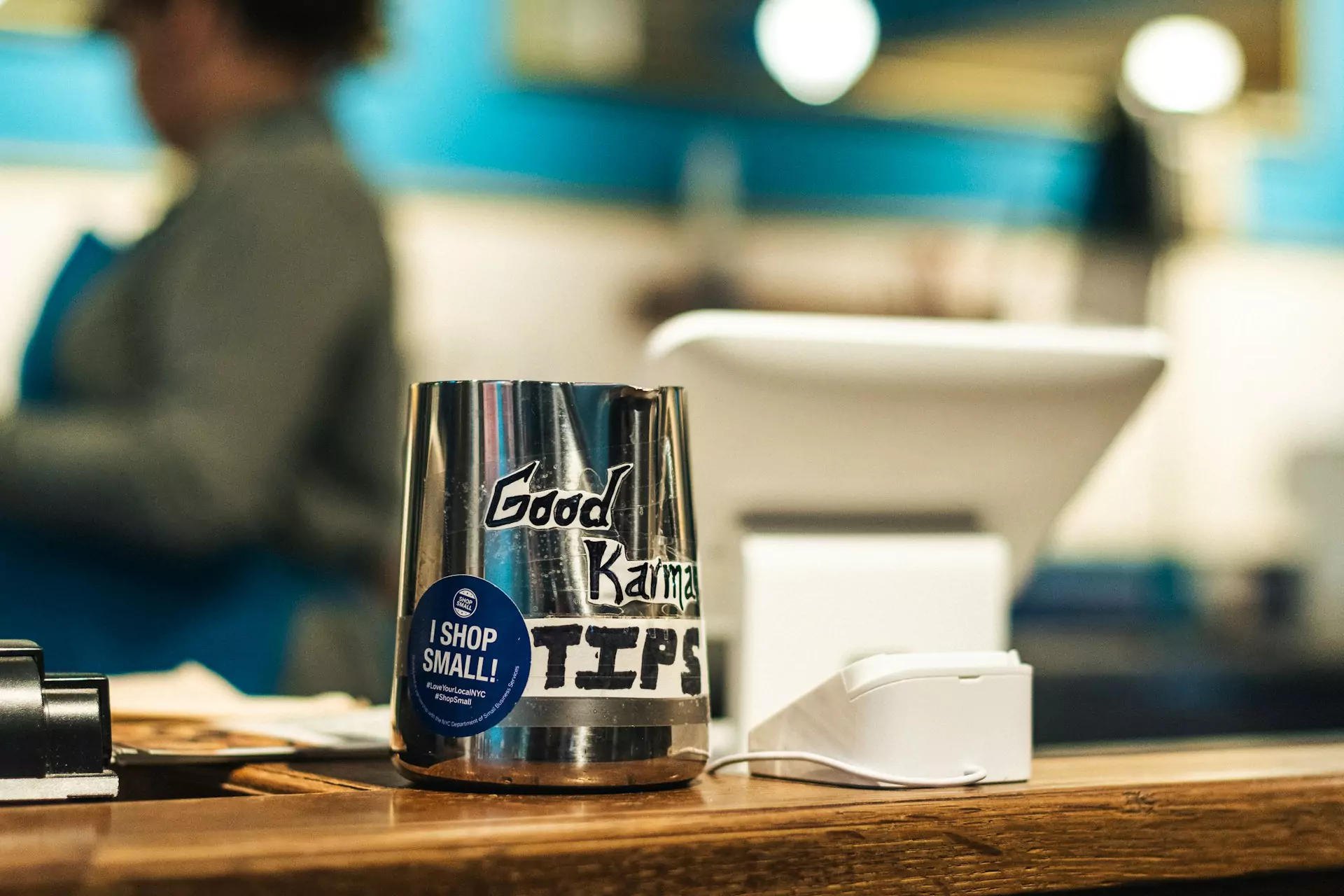Tips and how they are taxed
When you run a business where customers commonly leave tips – such as a restaurant, café, bar or even as a rideshare driver – it is important to understand how these payments are treated for tax and GST purposes. While tips can feel like a small, informal part of a transaction, the Australian Taxation Office (ATO) takes them seriously, and failing to handle them correctly can create headaches at tax time. This guide explains how tips are treated in Australia, how they differ from ordinary revenue, and what to look out for when calculating tax and GST.

Tipping culture in Australia
Unlike countries such as the United States where tipping is almost expected, tipping in Australia is far less formalised. Australians are generally paid higher minimum wages, so tips are not relied upon as heavily by staff. However, tipping still occurs – especially in restaurants, cafés, hotels, and the gig economy.
Customers may leave a few coins on the table, add a percentage to the bill via a card machine, or tip a driver directly. While smaller than in some countries, these amounts add up and businesses need to account for them properly.
How tips are processed
Tips can be given in different ways, and how they are treated depends on the method:
- Cash tips given directly to staff: These are considered the staff member’s income, not the business’s revenue. Each employee must declare their share of tips in their individual tax return. The business does not need to withhold tax or include these amounts in its revenue if they are never pooled or controlled by the business.
- Tips paid electronically via EFTPOS or card terminals: These are first received by the business and therefore form part of the business’s income. If later distributed to staff, the business has payroll obligations, including PAYG withholding, superannuation, and reporting through Single Touch Payroll (STP).
- Pooled tips managed by the business: In some workplaces, all tips (cash and card) are pooled and redistributed at the end of a shift or pay cycle. In this case, the business is seen as controlling the tips and must process them as part of payroll, with full tax and superannuation obligations.
Are tips revenue?
From an accounting perspective, it depends:
- Direct tips to staff (cash): Not business revenue.
- Tips processed through business systems (card or pooled cash): Business revenue at the point of collection, which later becomes wages when paid out.
Businesses should maintain clear records to show how tips are collected and distributed. Blurring the lines between revenue and tips can create reconciliation problems and lead to underpayment of tax or super.

How tips are taxed
The ATO considers tips to be assessable income, regardless of how they are received. The distinction lies in who is responsible for declaring and paying the tax:
- Employees: If tips are received directly and not handled by the business, the employee must declare them as income in their tax return. These tips are taxable at their marginal tax rate.
- Employers: If tips go through the business, they are treated as wages and must have PAYG withholding, superannuation, and payroll reporting applied. This is the case even if the tips are distributed later as cash.
Failure to process tips correctly could mean underreporting wages, underpaying super, or breaching payroll obligations.
Do tips include GST?
This is an important point for businesses. The ATO is clear that tips do not attract GST. GST is charged on the underlying sale (for example, a restaurant meal or a taxi fare), but tips are considered a voluntary payment.
This means:
- You do not charge GST on tips.
- You do not remit GST on tips collected.
- Your Business Activity Statement (BAS) should separate tips from taxable sales.
When reconciling payments from your EFTPOS provider, make sure tips are excluded from GST calculations to avoid overpaying.

Common pitfalls to avoid
- Failing to track tips properly: Mixing tips with revenue in your accounting system can inflate turnover and affect your BAS or even business tax return.
- Ignoring payroll obligations: If tips are distributed by the business, you must treat them as wages and include them in STP reporting.
- Not educating staff: Employees may not realise that direct tips must be declared in their own tax returns.
- Incorrect GST treatment: Some businesses mistakenly apply GST to tips, leading to incorrect BAS filings.
Best practice for managing tips
- Set up accounting categories: Use a separate account in your chart of accounts for tips to distinguish them from revenue.
- Automate where possible: Many POS systems allow you to separate revenue from tips during settlement.
- Be transparent with staff: Make sure staff understand how tips are collected, recorded, and distributed.
- Stay compliant with payroll: If tips are pooled, always process them through payroll with the correct tax and super applied.
- Educate employees: Encourage staff who receive cash tips directly to declare them in their personal tax returns.
Final thoughts
Tips may feel like a grey area, but the ATO’s rules are clear: they are taxable income, and how they are treated depends on whether they pass through the business or not. For businesses such as restaurants, cafés, and rideshare operators, the safest approach is to keep tips separate from revenue, ensure proper payroll treatment where required, and avoid applying GST. Handled correctly, tips can be a positive part of your customer service culture without causing tax and compliance issues.
DISCLAIMER: Team Thrive Pty Ltd ABN 15 637 676 496 (Thriday) is an authorised representative (No.1297601) of Regional Australia Bank ABN 21 087 650 360 AFSL 241167 (Regional Australia Bank). Regional Australia Bank is the issuer of the transaction account and debit card available through Thriday. Any information provided by Thriday is general in nature and does not take into account your personal situation. You should consider whether Thriday is appropriate for you. Team Thrive No 2 Pty Ltd ABN 26 677 263 606 (Thriday Accounting) is a Registered Tax Agent (No.26262416).






.svg)


.svg)











.webp)